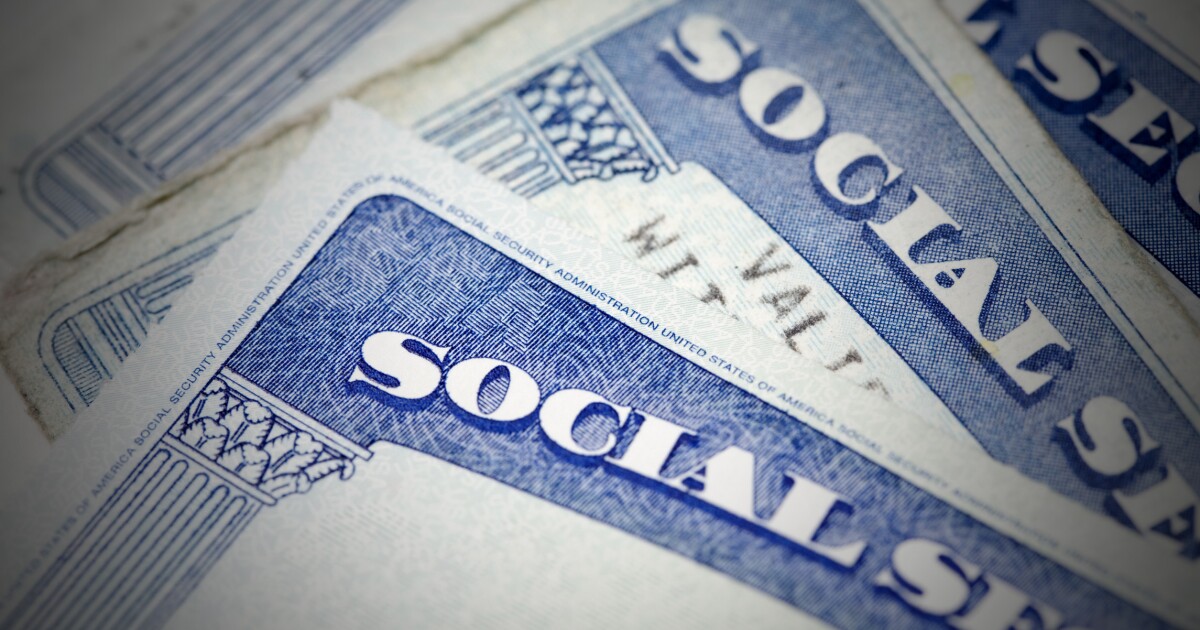

Supplemental Security Income payments for November will be issued to recipients in 21 days, and they will be worth up to $914 for individual filers.
The Social Security Administration issues its checks in multiple rounds throughout the month, and the next monthly check comes on Nov. 1. For those looking for an October Supplemental Security Income payment, it should’ve been issued Sept. 29.
FOREIGN AND DOMESTIC CRISES UPEND BIDEN 2020 CAMPAIGN PROMISE OF RETURN TO STABILITY
The SSA issued two checks in September and none in October because Oct. 1 fell on a weekend. The scheduling quirk resulted in a rare double payment in September, while most months only see one check on the first of each month. Two SSI checks are sent during the months of March, June, September, and December in 2023.
A person must be 65 years old or older and meet specific financial requirements to qualify for the payment. People under 65 could qualify if they are at least partially blind or have a physical or mental disability that severely limits their daily activities for at least one year or is expected to result in death, according to the SSA.
CLICK HERE TO READ MORE FROM THE WASHINGTON EXAMINER
The amount SSI filers can get depends on the filer’s income, living situation, and additional assets. If eligible, filers could receive a maximum 2023 federal monthly benefit of $914 as an individual, or $1,371 for couples. Essential persons, who live with someone receiving SSI and provide them with necessary care, could get a lower monthly payment of up to $458. The amount will vary depending on a household’s circumstances, and not every recipient will get the maximum payment.
Children could be eligible for SSI payments if they are at least partially blind or have a physical or mental condition that seriously limits their activities for at least a year, or if their parents with whom they live do not receive SSI benefits, or if they have limited income or savings.






